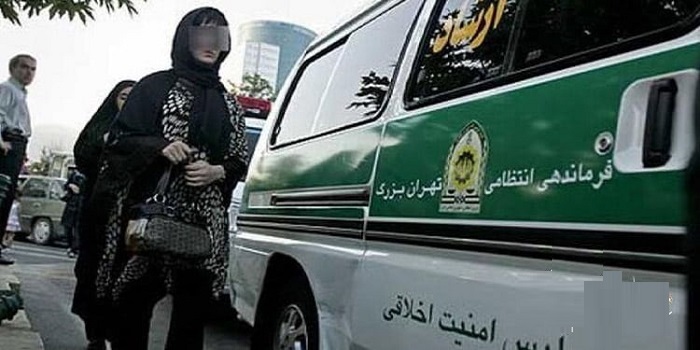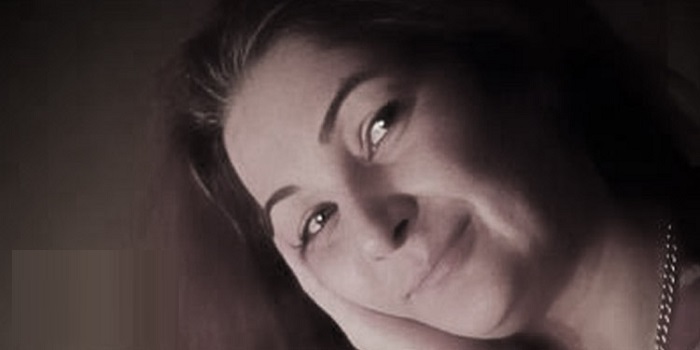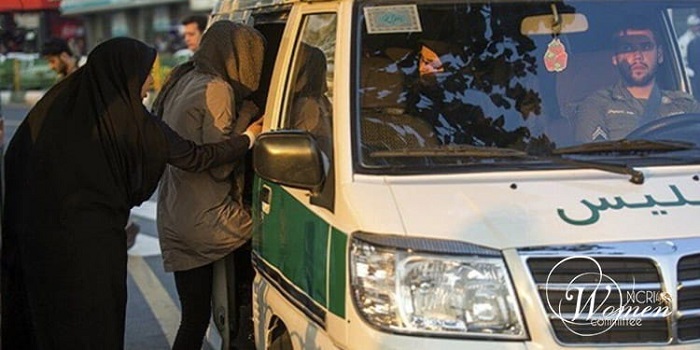
In a statement during the first session of the Supreme Judiciary Council in the new Persian year, held on April 1st, Ejeii emphasized that law enforcement officers are obliged to deal with any proven crime and any kind of deviation that is against the law and Sharia, which occurs in public, and refer the cases to the relevant judicial authorities.
During a meeting with the people of Isfahan province, Ejeii warned that anyone involved in removing the veil, including advisors, deputies, instigators, and partners in these issues, will be strictly prosecuted without any leniency.

The statement emphasized that the veil is an indisputable religious necessity and will always be one of the practical principles of the Islamic Republic of Iran.
Hossein Jalali, a member of the regime’s parliament, announced on March 26th that an “entirely intelligent” plan called “chastity and veil” had been finalized, which included penalties such as fines ranging from 500,000 to 3 billion tomans, revocation of driving licenses, revocation of passports, and an internet ban for celebrities and those who own channels and websites.
He stated that this plan had been presented to the mullahs’ Supreme Leader and the Judiciary after 300 meetings with the Cultural Revolution Council and the National Security Council. Maryam Bani Razi, a nurse from Qom, sentenced to 148 lashes and eight months in prison

In light of these statements, the Fars news agency has written that the “Islamic regime” has a “serious duty” regarding the issue of the veil and opposition to the compulsory veil. Last Friday, all Friday Prayer leaders dedicated parts of their sermons to the veil issue and took steps to incite the public against opponents of compulsory veiling.
The severity of the regime’s stance on the issue of veiling is evident in the case of Maryam Bani Razi, a nurse from Qom, who was sentenced by the court to more than 148 lashes, eight months in prison, and two years of exclusion from working in government and public services for failing to observe compulsory veiling.
In December 2022, a video of Maryam Bani Razi was released in a bank without a compulsory hijab. The person who recorded the video said that despite her “warnings,” the woman still did not wear a veil, and bank employees provided her with services without any qualms.

 MEK Iran (follow us on Twitter and Facebook), Maryam Rajavi’s on her site, Twitter & Facebook, NCRI (Twitter & Facebook), and People’s Mojahedin Organization of Iran – MEK IRAN – YouTu
MEK Iran (follow us on Twitter and Facebook), Maryam Rajavi’s on her site, Twitter & Facebook, NCRI (Twitter & Facebook), and People’s Mojahedin Organization of Iran – MEK IRAN – YouTu







